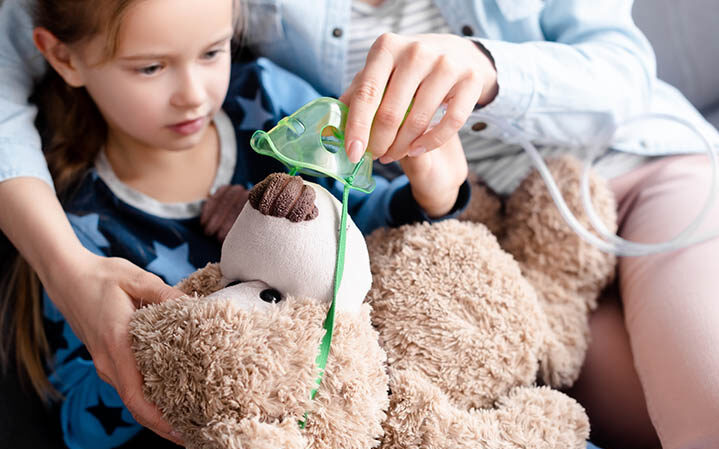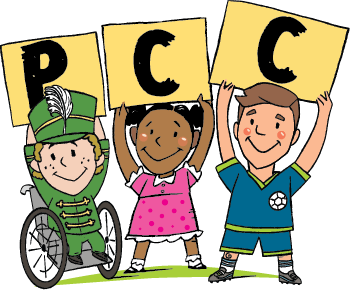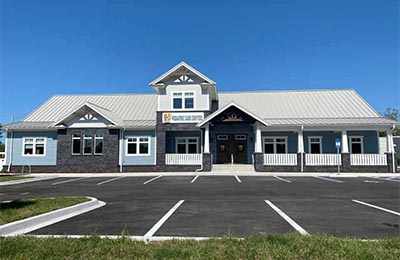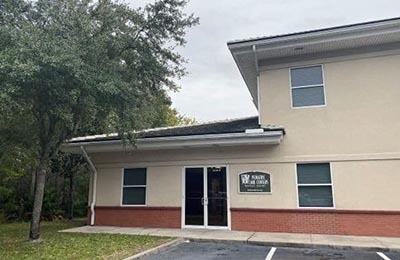Home » Common Childhood Illness FAQs » RSV
What You Should Know
RSV FAQs

Respiratory Syncytial Virus or RSV is another virus that presents with symptoms like a cold. In most cases, this virus impacts the lungs. For most kids, it runs its course on its own, but it’s important to understand what causes it and what symptoms to watch for.
The symptoms for RSV are similar to a cold but with infants the symptoms are more difficult to spot. Some telltale signs for RSV in young infants include:
- Decreased movement and activity
- Exaggerated irritability
- No appetite or refusing to eat
- Shortness of breath or pauses in their breathing also known as apnea
RSV can be very serious in infants and young children. This is especially true if your child has any pre-existing conditions, such as:
- Infants born prematurely
- Children with weakened immune systems
- Children under 6 months old
- Children with chronic lung disease (under 2 years of age)
- Children with chronic heart disease (under 2 years of age)
- Children with neuromuscular disorders, including children who have difficulty swallowing or difficulty clearing mucus during coughs
It’s important to understand that almost all children get RSV infections and most of the time it gets misdiagnosed as a common cold, but could possibly cause much more serious conditions like pneumonia or bronchitis.
The standard method for reducing your child’s exposure to RSV is very similar to the common practices of keeping most infections like coronavirus from spreading, which includes:
- Washing your hands thoroughly
- Keeping your hands away from your eyes and face
- Coughing into the inside of your elbow and wash your hands if you cough into the palm of your hands
- Making sure to properly disinfect commonly used surfaces and especially areas that are less sanitary like kitchens and bathrooms
If you’re concerned your child may have moderate or advanced RSV symptoms, including labored breathing or a decrease in your child’s appetite for more than 24 hours, contact your pediatrician at Pediatric Care Centers to schedule an appointment.





